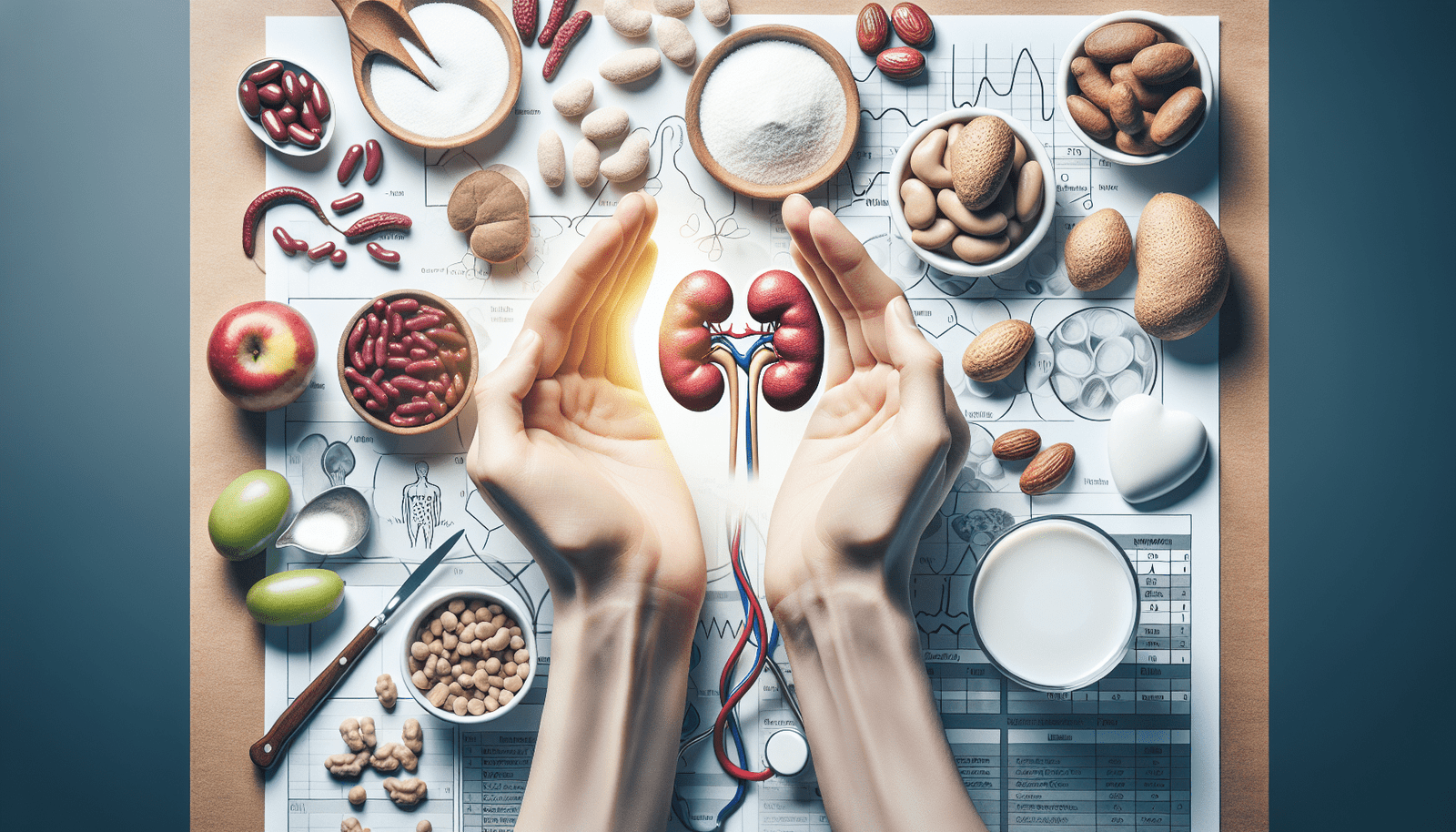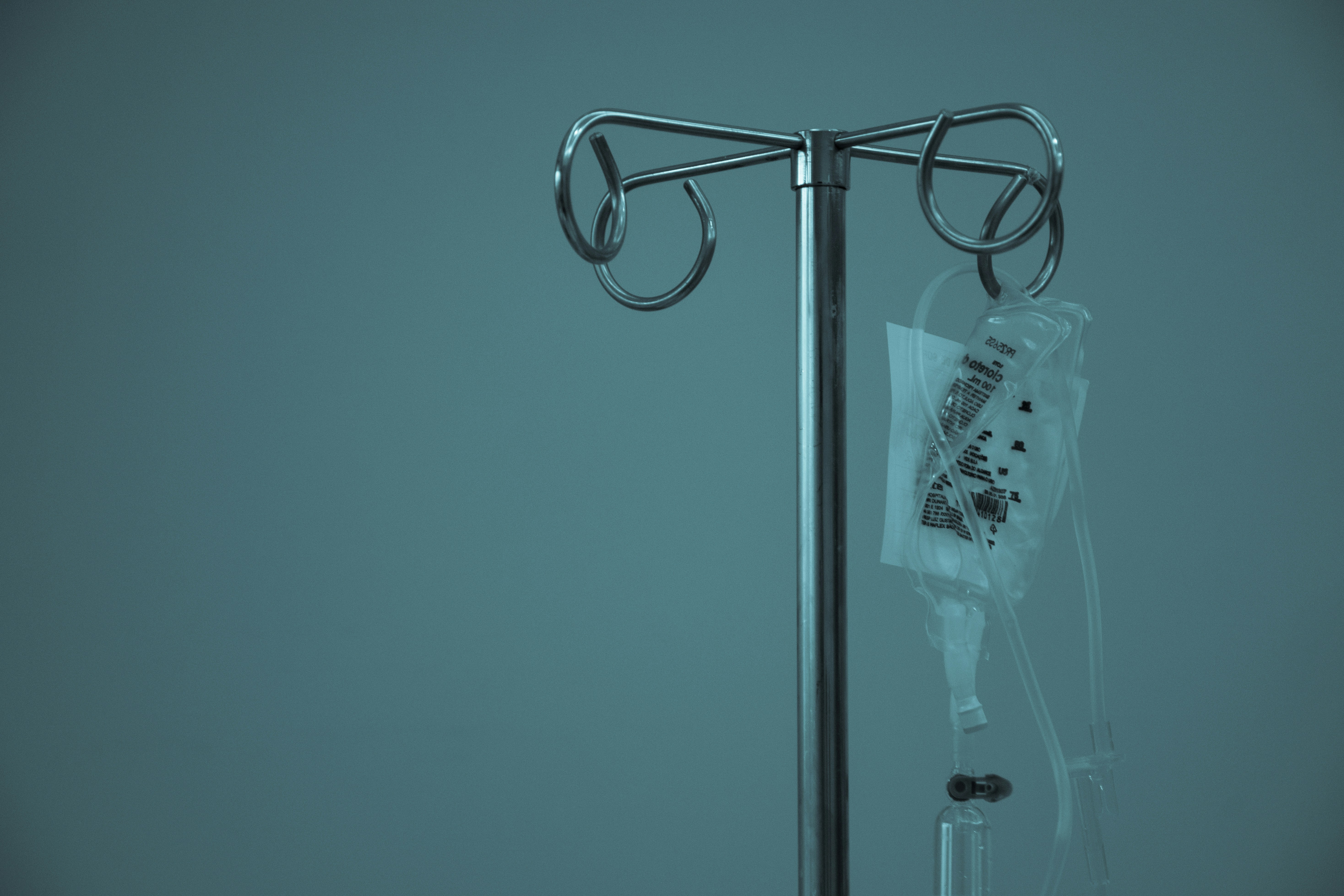When it comes to protein intake, finding the right balance is crucial, especially when it comes to the risk of kidney stones. Kidney stones can be incredibly painful and can disrupt your daily life. This article explores the fascinating link between protein consumption and the formation of kidney stones. By understanding the connection between the two, you can make informed choices about your diet and take steps to prevent the development of kidney stones. So, let’s dive in and uncover the secrets to maintaining a healthy protein intake without compromising your kidney health.
Introduction
Understanding the relationship between protein intake and kidney stones
Kidney stones are a common problem that can cause significant discomfort and pain. Understanding the relationship between protein intake and kidney stones is crucial in preventing their formation and maintaining optimal health. Protein is an essential nutrient that plays a vital role in various bodily functions. However, excessive protein intake can lead to an increased risk of kidney stone formation. Finding the right balance in protein consumption is necessary to prevent kidney stones while still meeting your nutritional needs.
What are kidney stones?
Definition of kidney stones
Kidney stones, also known as renal calculi, are hard mineral and salt deposits that form in the kidneys. These deposits can range in size from small grains to larger stones that can obstruct the urinary tract. Kidney stones can cause severe pain as they pass through the urinary system, leading to discomfort, nausea, and even blood in the urine.
Types of kidney stones
There are several types of kidney stones, including calcium stones, uric acid stones, struvite stones, and cystine stones. Calcium stones are the most common type, accounting for approximately 80% of kidney stone cases. Uric acid stones are often associated with a high-purine diet, while struvite stones are commonly caused by urinary tract infections. Cystine stones are rare and caused by a genetic disorder that affects the kidneys’ ability to reabsorb certain amino acids.
Causes of kidney stones
Kidney stones can form due to various factors. Common causes include dehydration, a diet high in certain minerals, such as calcium or oxalate, certain medical conditions, and a family history of kidney stones. Additionally, certain medications and lifestyle choices, such as excessive alcohol consumption, can increase the risk of kidney stone formation.
Protein intake and its importance
Understanding the role of protein in the body
Protein is an essential macronutrient that plays a crucial role in the body. It is responsible for building and repairing tissues, producing enzymes and hormones, and supporting the immune system. Protein is composed of amino acids, which are the building blocks of life. Without adequate protein intake, our bodies cannot function optimally, and we may experience muscle loss, weakened immunity, and impaired organ function.
Recommended protein intake
The recommended daily protein intake varies depending on factors such as age, sex, weight, and activity level. Generally, it is recommended that adults consume around 0.8 grams of protein per kilogram of body weight. However, athletes and individuals with specific dietary needs may require higher protein intakes. Consulting a healthcare professional or registered dietitian can help determine the appropriate protein intake for your individual needs.
How excessive protein intake can lead to kidney stones
The link between high protein intake and increased calcium excretion
Excessive protein intake can lead to an increased excretion of calcium in the urine. When the body breaks down protein for energy, it produces waste products, including urea and sulfuric acid. These waste products must be filtered by the kidneys and excreted in the urine. The increased excretion of urea and sulfuric acid can lead to an acidic environment in the urine, which can promote the formation of calcium stones.
Formation of kidney stones connected to protein intake
High protein intake can also lead to an increased concentration of certain substances in the urine, such as oxalate and uric acid. When these substances reach high concentrations, they can crystallize and form kidney stones. Additionally, a high-protein diet may increase the workload on the kidneys, making them more susceptible to damage and the formation of stones.
Balancing protein intake to prevent kidney stones
Recommended protein intake for individuals prone to kidney stones
For individuals prone to kidney stones, it is essential to strike a balance between meeting protein needs and minimizing the risk of stone formation. In these cases, a moderate protein intake is generally recommended. This can be achieved by consuming approximately 0.6 to 0.8 grams of protein per kilogram of body weight per day. It is important to consult with a healthcare professional or registered dietitian to determine the appropriate protein intake for your specific circumstances.
Choosing the right sources of protein
The sources of protein you choose can also impact the risk of kidney stone formation. Animal-based proteins, such as meat, poultry, and fish, are often higher in purines and sulfur-containing amino acids, which can increase the risk of stone formation. In contrast, plant-based proteins, such as beans, lentils, nuts, and tofu, are generally lower in these substances and may be a better option for individuals prone to kidney stones.
The importance of hydration
Maintaining adequate hydration is crucial for preventing kidney stone formation. Drinking plenty of water helps dilute the urine, reducing the concentration of substances that can crystallize and form stones. Aim to drink at least 8 glasses of water per day and increase your fluid intake during hot weather or when engaging in physical activity.
Effect of other dietary factors on kidney stone formation
In addition to protein intake and hydration, other dietary factors can influence the risk of kidney stone formation. High intake of oxalate-rich foods, such as spinach, rhubarb, and chocolate, can contribute to the formation of calcium oxalate stones. Similarly, a diet high in sodium can increase the excretion of calcium in the urine, promoting stone formation. Limiting your intake of these substances can help reduce the risk of kidney stones.
Dietary modifications for individuals with a history of kidney stones
The role of a low-oxalate diet
For individuals with a history of calcium oxalate stones, following a low-oxalate diet may be beneficial. This involves limiting your intake of foods high in oxalate, such as spinach, beet greens, nuts, and tea. However, it’s important to note that completely eliminating oxalate from the diet is not recommended, as it is an essential nutrient. Working with a healthcare professional or registered dietitian can help create a balanced low-oxalate meal plan that meets your nutritional needs.
Limiting sodium intake
Reducing sodium intake is important for individuals prone to kidney stones, as high sodium levels can increase the excretion of calcium in the urine. Avoiding processed and packaged foods, which are often high in sodium, and opting for fresh, whole foods can help lower your sodium intake. Additionally, using herbs and spices to flavor your meals instead of salt can help reduce sodium consumption.
Including foods that prevent kidney stone formation
Certain foods have been found to have a preventive effect against kidney stone formation. Citrus fruits, such as lemons and oranges, are rich in citrate, which can help prevent the formation of calcium oxalate stones. Additionally, foods high in potassium, such as bananas, apricots, and white beans, can help reduce the excretion of calcium in the urine. Including these foods in your diet may help reduce the risk of kidney stones.
Preventing kidney stones through lifestyle changes
Maintaining a healthy body weight
Maintaining a healthy body weight is important for preventing kidney stones. Obesity and excess weight can increase the risk of stone formation due to hormonal and metabolic changes in the body. Adopting a balanced diet and engaging in regular physical activity can help achieve and maintain a healthy weight, reducing the risk of kidney stones.
Regular physical activity and its impact on kidney stone formation
Regular physical activity can have a positive impact on kidney stone formation. Exercise promotes overall health and helps maintain a healthy weight. Additionally, physical activity can increase urine volume, reducing the concentration of substances that can lead to stone formation. Aim for at least 150 minutes of moderate-intensity exercise or 75 minutes of vigorous-intensity exercise per week.
The role of medical intervention in managing kidney stones
When medical intervention is necessary
In some cases, medical intervention may be necessary to manage kidney stones. This is especially true if the stones are causing severe pain, obstructing the urinary tract, or leading to recurrent urinary tract infections. The type and severity of the stones will determine the most appropriate course of treatment.
Available treatment options for kidney stones
Treatment options for kidney stones include medications to dissolve stones, procedures to break up or remove stones, and in rare cases, surgery. The most suitable treatment will depend on the size, location, and composition of the stones. Consulting a urologist or nephrologist is essential to determine the most appropriate treatment plan for your specific situation.

Consulting a healthcare professional
Importance of seeking medical advice
If you have concerns about kidney stones or the impact of protein intake on your health, it is crucial to seek advice from a healthcare professional. They can assess your individual circumstances, provide personalized guidance, and help you make informed decisions regarding your protein intake and overall diet.
Getting personalized guidance to find the right balance
Every individual is unique, and what works for one person may not work for another. Consulting a registered dietitian can provide you with personalized guidance and support to find the right balance in your protein intake. They can consider your medical history, dietary preferences, and lifestyle factors to create a customized meal plan that meets your nutritional needs while minimizing the risk of kidney stone formation.
Conclusion
Achieving a balanced protein intake and reducing the risk of kidney stones
Understanding the relationship between protein intake and kidney stones is essential for maintaining optimal health. While protein is a vital nutrient, excessive intake can increase the risk of kidney stone formation. By achieving a balanced protein intake, choosing the right sources of protein, staying hydrated, and making other dietary modifications, you can reduce the risk of kidney stones. Consulting a healthcare professional or registered dietitian will provide personalized advice to help you find the right balance and maintain a healthy lifestyle.





